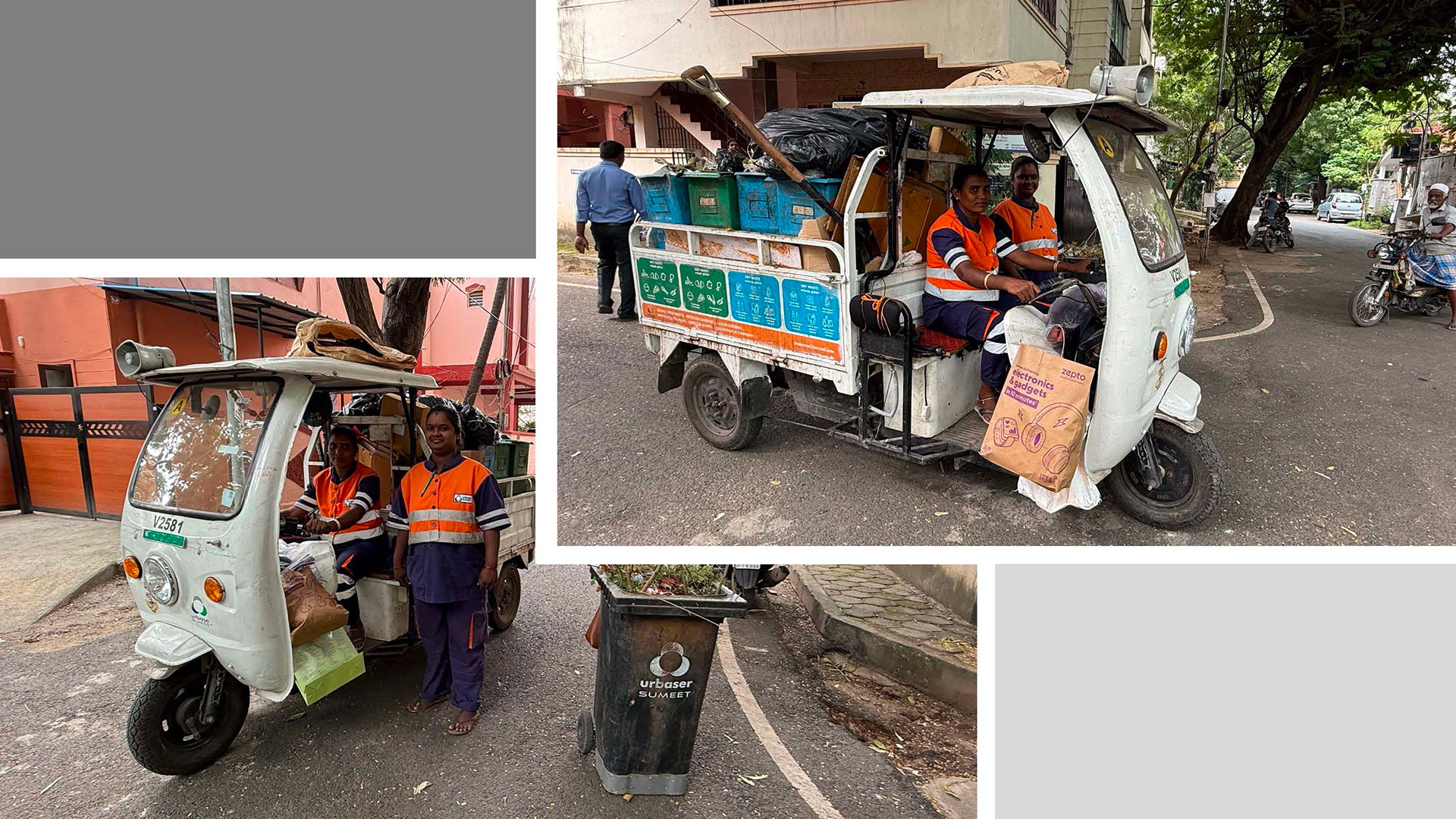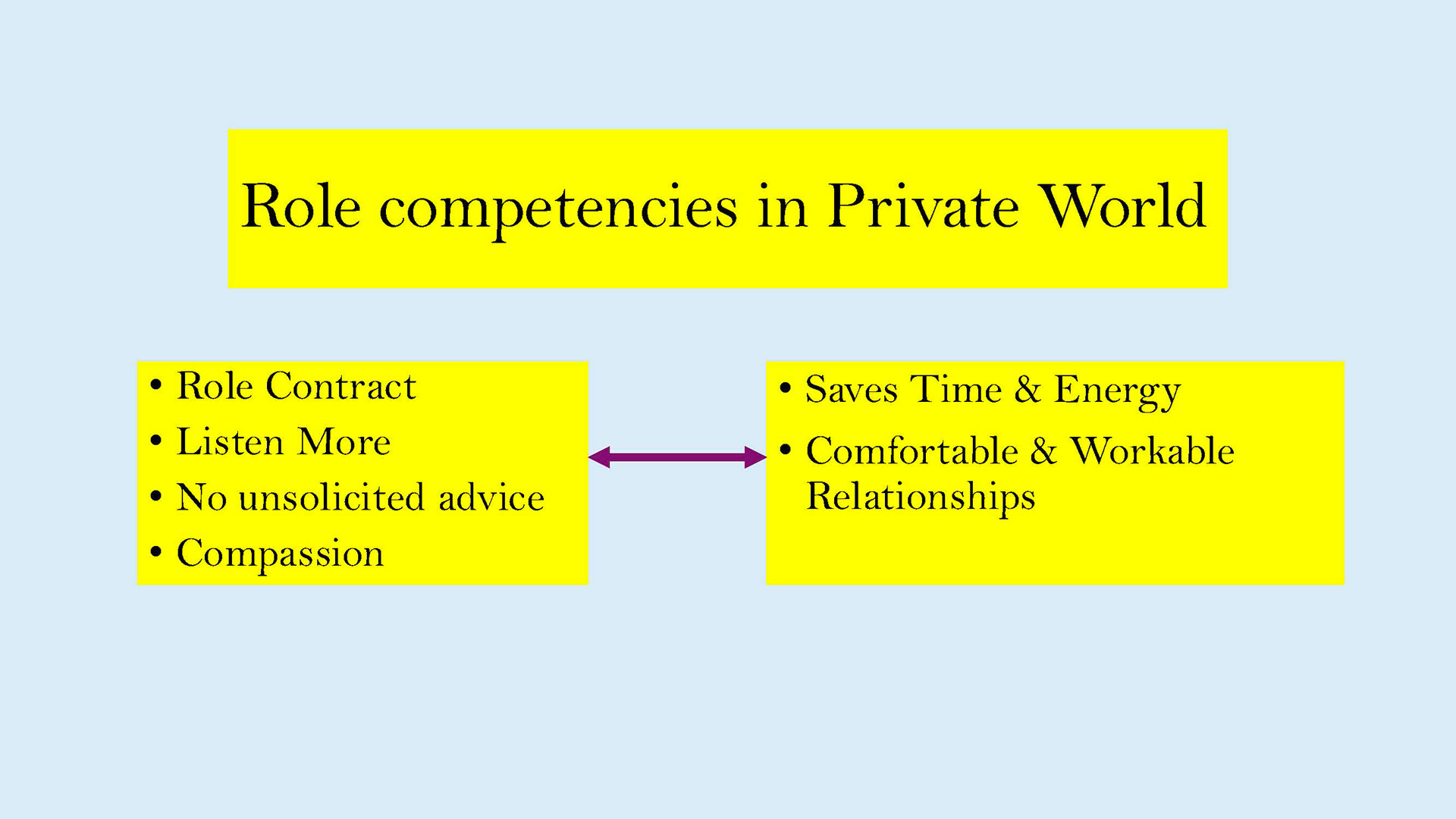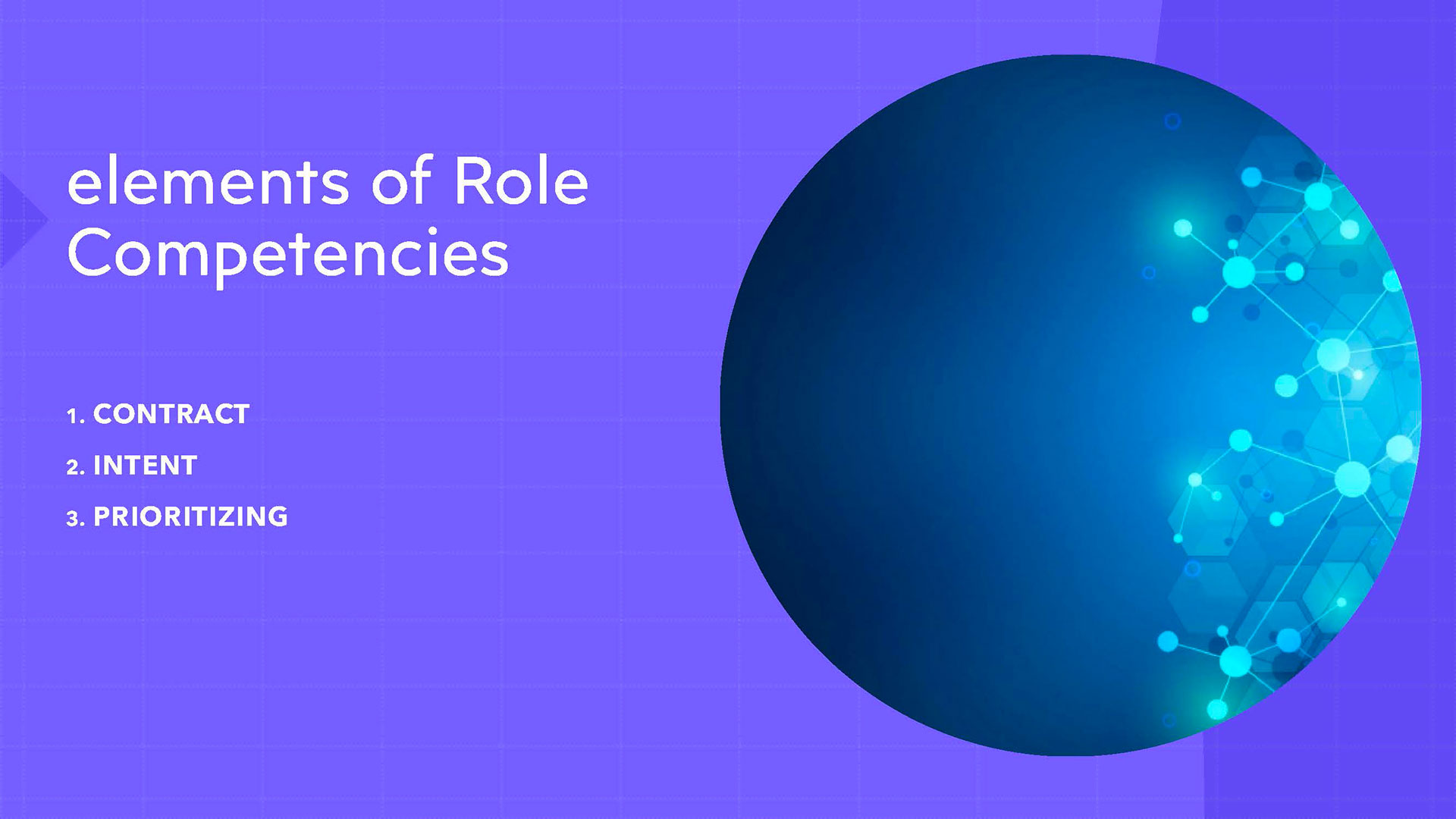Roles Contd. 4
Dear Readers, Welcome to SC Musings, Blog 24,
We move in this Blog 24 to Role Competencies, after having explored the meaning and application of roles in our personal, professional and organisational lives.
Let us see what Schmid, who’s role concept was used in Blog 23 (2024) has to contribute to this topic.
“Role competence means having con¬trol over the coherent system of attitudes, feelings, behavior, perspectives on reality, and the accompanying relationships that are bundled with the role. It also includes understanding and matching with the intend¬ed play” states Schmid (2008,p.21). In simple terms, this definition implies that role competence is the way we behave and relate in our respective roles, and whether our behaviours are appropriate to our context. Our behaviours in turn are influenced by our body language, emotions and thinking, which come out through our communication.
I continue with me as a case-study to further explain role competence.
Having come to Chennai yesterday for a friend’s wedding, I had a leisurely start today. NG @ Chennai where I stay wakes up early to the sounds of vendors and street cleaners. Peeping out of the window, I saw a woman smartly dressed, driving an auto with garbage drums; I ventured out hurriedly to ask her whether I could photograph her and use the photographs. Jayanthi, the auto driver gladly agreed, she was joined by her colleague and they happily posed for the pictures. I was thrilled with our connection and the photos, which I sent them through WhatsApp.

In my role as an Indian citizen, I was filled with appreciation, hope, joy seeing the 2 women, smartly dressed, going about their clearing and cleaning jobs with interest, confidence and commitment. Thoughts of how to take this concept to Coimbatore followed. We can thus conclude that I behaved well in my role as an Indian citizen.
Slowly, and surely I am attempting to bring this behaviour into my private roles. By being present to the happenings in the here and now, without creating a reality based on my assumptions of how they should be, I am appreciative of the finer aspects of the environment.

However, repeating this behaviour with persons in my private world is not so simple or easy. Hence, here I bring to mind my role contract. For example, with friends and relatives, I listen more, and give my views when asked. Very rarely do I dole out unsolicited advice as I used to, saving time and energy, along with maintaining healthy interactions and comfortable workable relationships.
In my private world, I have also begun to function with compassion. It is relatively effortless and easy for me to be compassionate in certain private roles, like that of a grandparent. In other roles, conscious intent is essential for me to be compassionate and open to receive stimuli without knee jerk reactions.

Contract and intent, I have discovered, are key elements of role competencies. Contract as we have discussed in Blog 19 is a mutual agreement, containing a goal and processes to achieve the goal. Psychological dimension, the foundation of a contract is not considered in contracting usually, because it is intangible and inexplicable. However, this is often the deciding feature of a contract. Psychological dimension contains emotions, which are deep rooted and not always accessible to awareness. Most times, an individual becomes conscious after emoting, and then turns attention to others or the environment. Hence, it can be stated that effective contracts are made by being emotionally sensitive and intentful; sensitive and willing to acknowledge one’s own and other’s emotions.
Intent, is the inner declaration of the goal. Our goals need to be achievable and noticeable with time lines built into them, if and when possible. An example would be like I commit to completing my Blogs every alternate Friday. I have been travelling this week, came back last night and was in a Taichi session with Rani from Australia since 3.30 am today. My intent of completing Blog 24 keeps me going. This intent is important for me because I connect with you my Readers.
So, the 3rd element of role competency is prioritising roles. There are many elements which foster role competency, and I am choosing the key fundamentals which it believe sustain it.

Dear Reader,
I am inviting you to look at all your roles- just naming and observing them. This activity will take us to difficulties we experience in roles in our next Blog.
Looking forward to seeing you in a fortnight.

References
Blog 23: https://www.nityagurukula.org/sc-musings/roles-contd-3/
Contracts: Blog 19. (September 13, 2024): https://www.nityagurukula.org/sc-musings/energy-self-others-environment-mrr-part-6/
Schmid, B. (2008). The Role Concept of Transactional Analysis and other Approaches to Personality, Encounter, and Cocreativity for All Professional Fields, Transactional Analysis Journal, 38:1, 17-30, DOI: 10.1177/03621537080380010